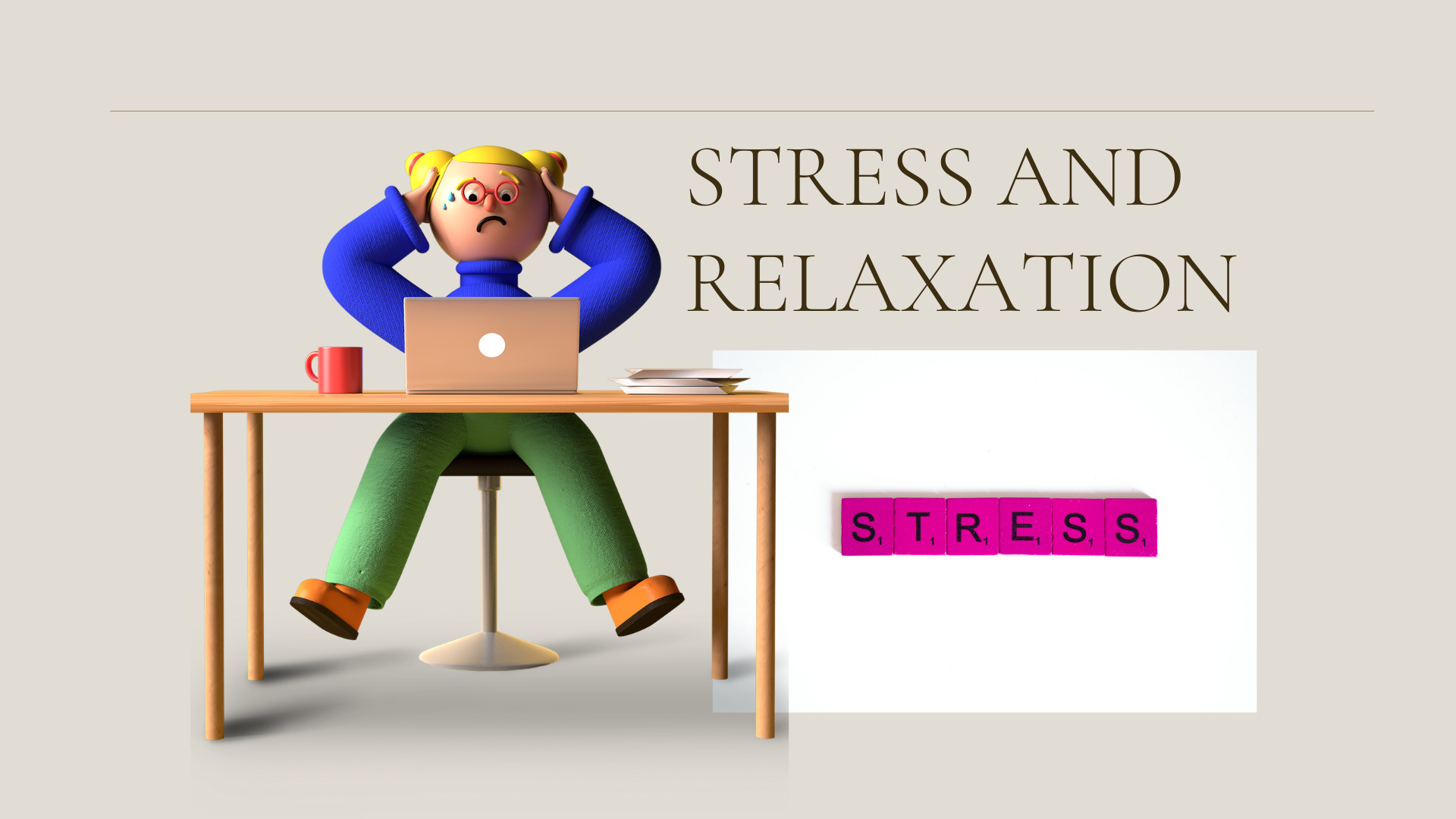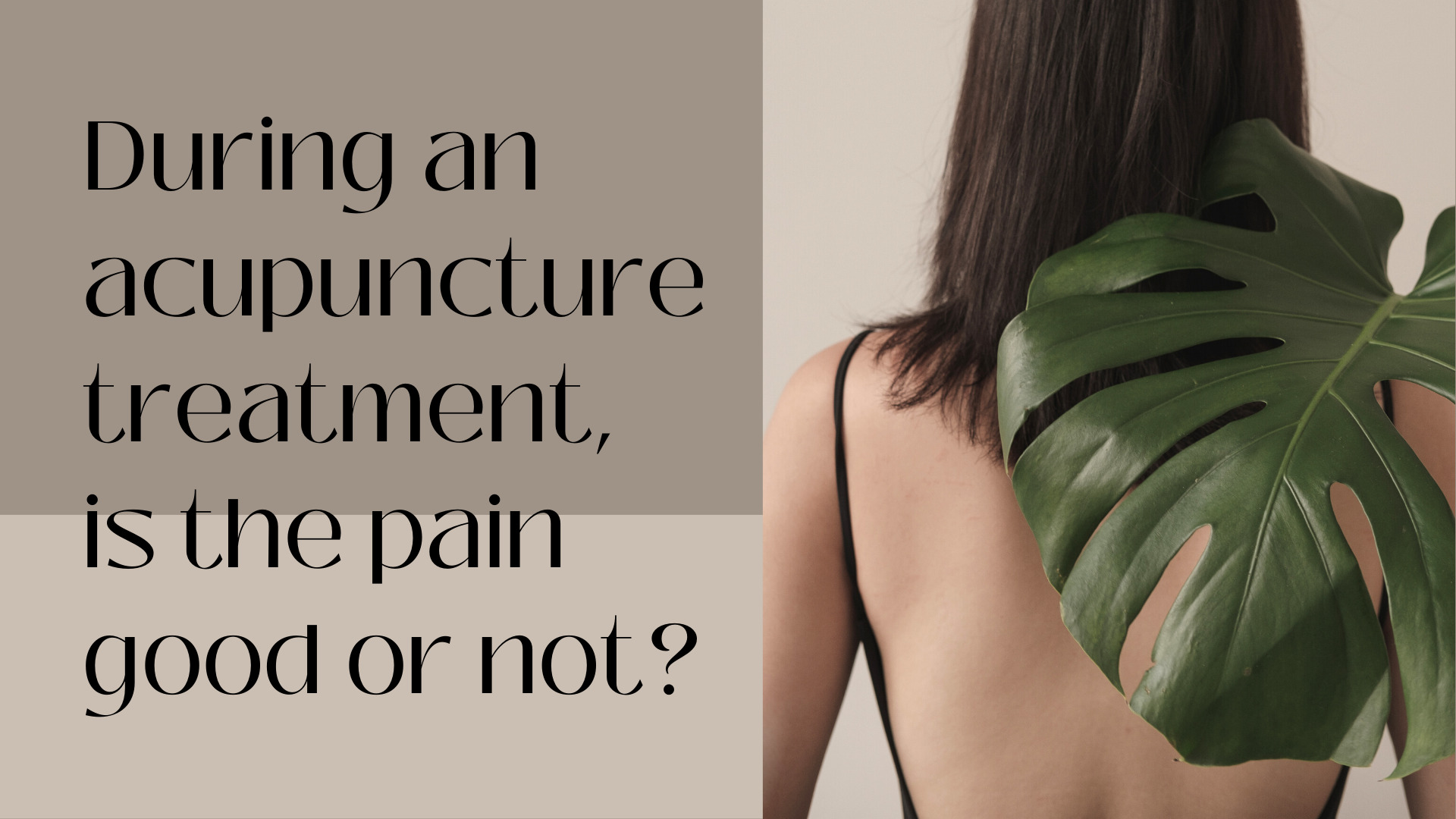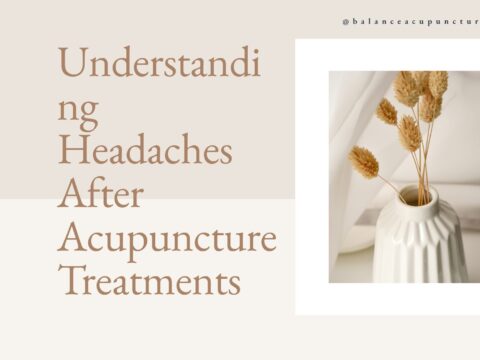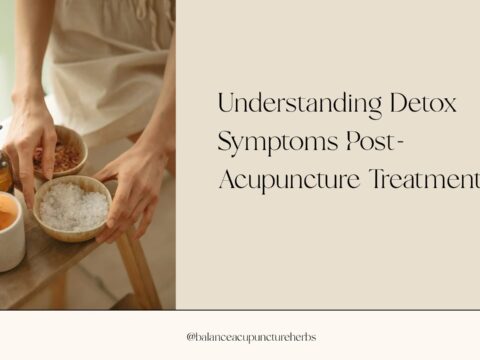
STRESS AND RELAXATION
August 13, 2021
During an acupuncture treatment, is the pain good or not?
August 31, 2021|
Getting your Trinity Audio player ready...
|
Symptoms Worsened After Treatment?
“Why did my elbow feel particularly tired and sore after the last acupuncture? Is it an adverse reaction?” asked the patient who came to treat the tennis elbow.
“No, this is a detoxification reaction.”
In acupuncture treatment, this situation sometimes occurs. Once, a patient with sciatica had three needles and told me: “my buttocks to half of my legs are sore!” When she said, she smiled because she has “experienced many battles” and has treatment experience. Too much, knowing that this is a “reaction for improvement.”
The improvement response, or “detoxification response,” is the short-term discomfort that occurs during the process of the body’s self-adjustment due to awakening the body’s self-healing ability during the treatment process.
This unbalanced body returns to a healthy state—one of the necessary processes. Just like cleaning a ditch that accumulates dirt, the long-settled dirt will inevitably be stirred up in the process, leading to a more intense “cleaning reaction.”
TheCleaning a ditch that accumulates dirt will stir up settled debris, creating a more intense “cleaning reaction.” human body cleans up dirt in the same process. These specks of dirt are toxins in the body. The cleaning process will cause some discomfort, but it is short-lived and necessary.
The “reaction response” occurs in acupuncture and other natural therapies. For example, patients with coughs often recover gradually after taking medication. During recovery, they may cough up more sputum and saliva. Once the toxins are cleared, the illness can be fully resolved.
The improvement response varies from person to person, and the more common ones include:
* Exacerbation of the original symptoms: This happens because toxins in the body through the blood to the detoxification organs for elimination. The affected area is inherently more delicate and sensitive, and it feels more intense when stimulated during the detoxification process.
*Slight soreness in a specific part of the body: It is due to irritation caused by the excretion of toxins.
*Changes in excrement: diarrhea or constipation may occur, and waste such as urine and feces are primarily dark and smelly.
* Poor sleep quality: Toxins can trigger emotions in your subconscious, causing restless sleep.
*Fatigue: This is the body’s natural response to self-protection because the recovery process requires a lot of energy. When the body is resting or sleeping, it is conducive to cell repair.
*Dry mouth and tongue: a lot of water is necessary for detoxification.
* Dizziness or headache may result from detoxification or not drinking enough water, hindering toxin elimination.
Of course, there are individual differences in the strength of this detoxification reaction. Some people react very mildly, or even unconsciously, and some people are more serious; it depends on personal physique and the severity of the disease.
It is important to highlight that the “reaction response” occurs due to the “recovery of righteous qi.” This process can reactivate old illnesses and uncover deep-seated health issues, including the accumulation of toxins or negative energy over a long period.
That is one of the processes of completely removing one’s toxins, and it is the only way to recovery.
For the short-term discomfort caused by the improvement process, you can relieve it as long as you rest more and drink plenty of water.
Still, the most important thing is that if you suddenly reappear the past symptoms during the recovery process, you don’t have to worry about it alone, let alone avoid it.
“Illness” does not always require treatment; communicate with your practitioner promptly and patiently cooperate with the treatment to effectively address the issue.
Read More:
Detox Symptoms After Acupuncture
Post-Acupuncture Care: Do’s and Don’ts
Bell’s Palsy-Speed Up Recovery and Reduce Sequelae.
[wpseo_address show_state=”1″ show_country=”1″ show_phone=”1″ show_phone_2=”0″ show_fax=”0″ show_email=”0″ show_logo=”0″]
[wpseo_map max_number=”undefined” width=”400″ height=”300″ zoom=”-1″ map_style=”roadmap” scrollable=”1″ draggable=”1″ show_route=”0″ show_state=”0″ show_phone=”1″ show_phone_2=”0″ show_fax=”0″]




